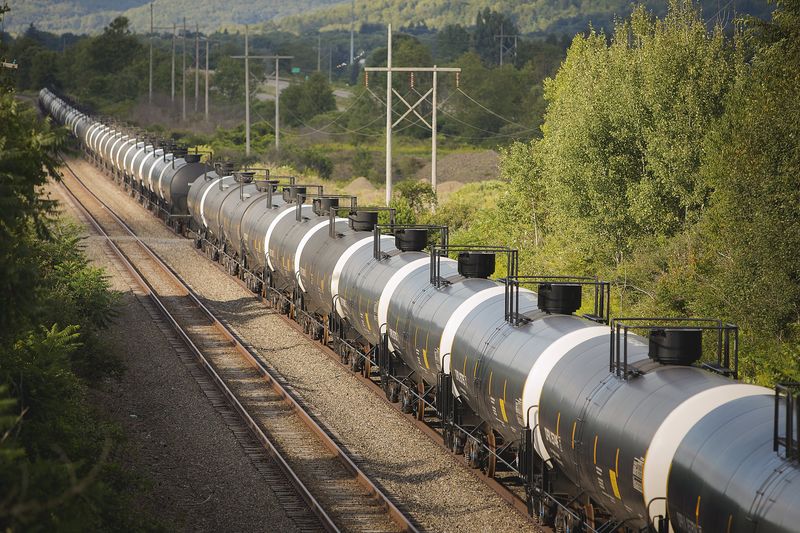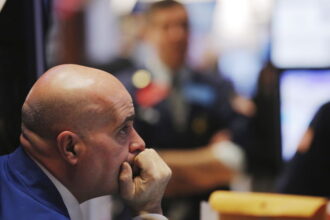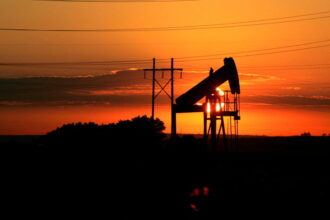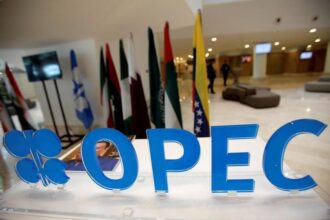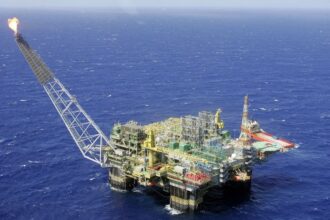In the face of rising energy prices and geopolitical tensions, the European Central Bank (ECB), the International Energy Agency (IEA), and the European Investment Bank (EIB) are set to hold a high-level conference on September 29, 2023. The aim of this meeting is to discuss an orderly transition to renewable energy sources amidst a backdrop of energy price shocks in Europe.
The need for such a conference has been precipitated by a series of events that have led to an increase in energy prices across Europe. The invasion of Ukraine by Russia and subsequent international sanctions have caused a significant surge in oil and gas prices, with WTI and benchmarks currently hovering around $90 per barrel. Some analysts even predict these prices could climb to $100 or more. Diesel prices have also been affected, rising above $140 in the US and experiencing a 60% increase in Europe since the summer.
These soaring energy costs are threatening the competitiveness of European industries. Input costs across the region, including the EU and UK, have increased significantly compared to other advanced economies such as Japan, the US, and Canada.
The upcoming conference represents an attempt by key European institutions to address these challenges and formulate a coherent strategy for transitioning to renewable energy sources. The current crisis underscores the urgency of this task, as Europe faces energy price shocks without a cohesive plan in place.
The meeting will take place in Paris and will likely involve discussions on securing affordable supplies of critical minerals for clean energy supply chains and fuels. However, political factors such as stalled negotiations between the EU and Mercosur, a coalition of South American nations, may complicate these efforts.
As winter approaches, concerns about Europe’s preparedness for another potential energy price shock are increasing. The high-level conference on September 29 will be closely watched by industry stakeholders and policymakers alike, as they seek solutions to ensure a resilient and sustainable energy future for Europe.
This article was generated with the support of AI and reviewed by an editor. For more information see our T&C.
Read the full article here


